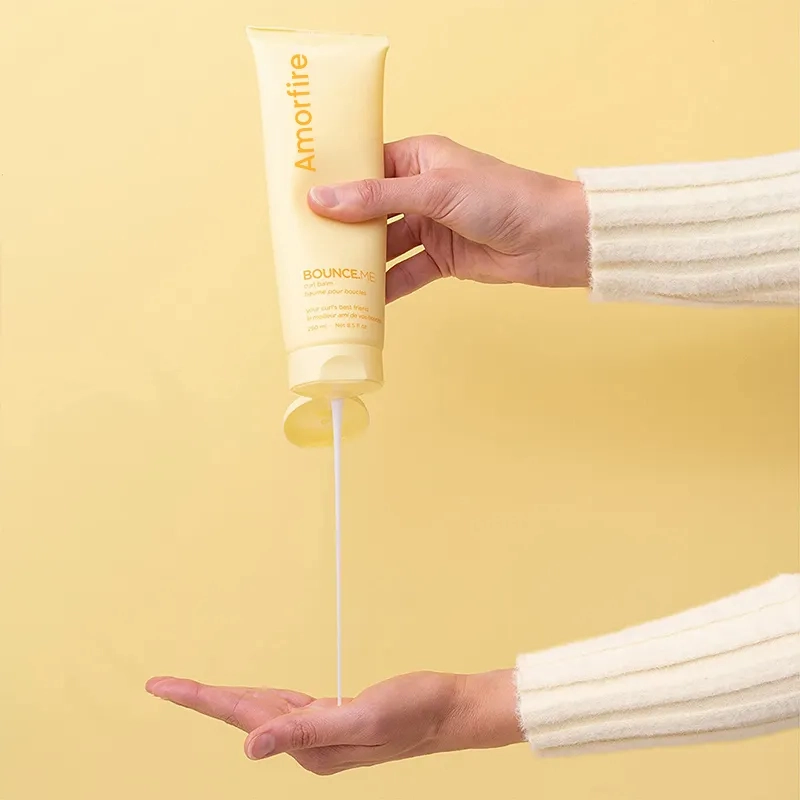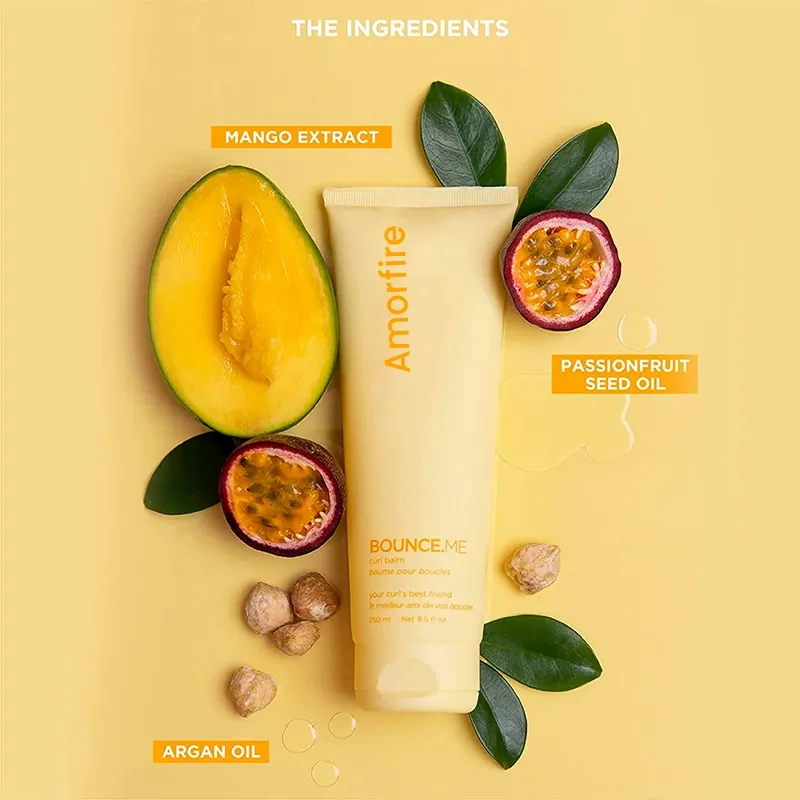Views: 220 Author: cosmeticsinhot Publish Time: 2025-11-06 Origin: Site








Content Menu
>> Benefits of Using a Hair Mask
>> Benefits of Using a Hair Serum
● Key Differences Between Hair Masks and Hair Serums
● How to Incorporate Both into Your Routine
● Common Myths About Hair Masks and Serums
>> Myth 1: Hair Masks Are Only for Damaged Hair
>> Myth 2: Hair Serums Weigh Hair Down
>> Myth 3: You Can Replace One with the Other
When it comes to hair care, the plethora of products available can be overwhelming. Among the most popular treatments are hair masks and hair serums, both of which serve distinct purposes in maintaining and enhancing hair health. Understanding the differences between these two products, as well as when to use each, can help you achieve your desired hair goals. This article will delve into the characteristics, benefits, and ideal usage of hair masks and serums, providing you with a comprehensive guide to optimizing your hair care routine.

A hair mask is a deep conditioning treatment designed to nourish and repair hair. Typically thicker and richer than regular conditioners, hair masks contain concentrated ingredients that penetrate the hair shaft, providing intense hydration and restoration. They are particularly beneficial for dry, damaged, or chemically treated hair.
Hair masks often include a variety of beneficial ingredients, such as:
- Oils: Coconut oil, argan oil, and olive oil are common, providing moisture and shine.
- Proteins: Keratin and silk proteins help strengthen hair and reduce breakage.
- Vitamins: Ingredients like vitamin E and B vitamins nourish the scalp and hair.
- Botanical extracts: Aloe vera, honey, and various plant extracts can soothe and hydrate.
1. Deep Conditioning: Hair masks penetrate deeply, offering hydration and nourishment that regular conditioners may not provide.
2. Repair Damage: They can help repair split ends and reduce breakage, making hair look healthier and more vibrant.
3. Enhance Shine: Regular use can lead to shinier, smoother hair.
4. Improve Manageability: Hair masks can make hair easier to style and manage, reducing frizz and tangles.
A hair serum is a lightweight product designed to coat the hair shaft, providing a protective barrier against environmental damage. Unlike hair masks, serums are typically used as a finishing product to enhance shine and manageability rather than as a deep treatment.
Hair serums often contain:
- Silicones: These create a protective layer over the hair, helping to lock in moisture and add shine.
- Oils: Lightweight oils like argan or jojoba oil can provide nourishment without weighing hair down.
- Vitamins and Antioxidants: Ingredients that protect hair from damage caused by UV rays and pollution.
1. Frizz Control: Serums help tame frizz and flyaways, making hair look sleek and polished.
2. Heat Protection: Many serums offer protection against heat styling tools, reducing the risk of damage.
3. Enhanced Shine: They can add a glossy finish to hair, making it appear healthier.
4. Lightweight Formula: Serums are typically lightweight and do not weigh hair down, making them suitable for daily use.
- Hair Masks: Thick and creamy, designed for deep penetration and intensive treatment.
- Hair Serums: Lightweight and often gel-like, meant to coat the hair without heavy buildup.
- Hair Masks: Applied to damp hair and left on for a specified period (usually 10-30 minutes) before rinsing.
- Hair Serums: Applied to clean, damp, or dry hair, usually a small amount is sufficient, and they are not rinsed out.
- Hair Masks: Typically used once a week or bi-weekly, depending on hair type and condition.
- Hair Serums: Can be used daily or as needed, especially before heat styling.
1. For Damaged Hair: If your hair is dry, brittle, or has been subjected to chemical treatments, a hair mask can provide the necessary repair and hydration.
2. After Swimming: Chlorine and saltwater can strip hair of moisture; using a mask afterward can help restore hydration.
3. Seasonal Changes: During colder months, hair can become dry and brittle; a mask can help combat this.
1. Daily Styling: Use a serum to add shine and control frizz before styling your hair.
2. Heat Protection: Apply a serum before using heat styling tools to protect against damage.
3. On-the-Go Touch-Ups: Serums can be used throughout the day to refresh and tame hair.
For optimal hair health, consider using both a hair mask and a serum in your routine. Here's how to effectively incorporate both:
1. Start with a Hair Mask: Use a hair mask once a week. Apply it to clean, damp hair, leave it on for the recommended time, and rinse thoroughly.
2. Follow with a Hair Serum: After towel-drying your hair, apply a small amount of serum to the ends and mid-lengths. This will help lock in moisture and protect your hair from environmental stressors.
While hair masks are excellent for damaged hair, they can also benefit healthy hair by providing extra moisture and nourishment. Regular use can help maintain hair health.
When used correctly, hair serums should not weigh hair down. The key is to use a small amount and focus on the ends of the hair rather than the roots.
Hair masks and serums serve different purposes and should not be used interchangeably. For the best results, incorporate both into your hair care routine.
Understanding the differences between hair masks and hair serums is essential for effective hair care. While hair masks provide deep conditioning and repair, serums offer protection and shine. By using both products appropriately, you can achieve healthier, more manageable hair. Remember to assess your hair's needs and adjust your routine accordingly for the best results.

1. Can I use a hair mask and serum together?
Yes, using both can enhance your hair care routine. Apply the mask first for deep conditioning, then follow with a serum for protection and shine.
2. How often should I use a hair mask?
It is generally recommended to use a hair mask once a week or bi-weekly, depending on your hair's condition.
3. Can hair serums replace conditioners?
No, hair serums are not a substitute for conditioners. They serve different purposes; conditioners hydrate while serums protect and add shine.
4. What type of hair benefits most from hair masks?
Hair that is dry, damaged, or chemically treated benefits the most from hair masks, but healthy hair can also benefit from regular use.
5. Is it necessary to rinse out hair serums?
No, hair serums are typically leave-in products and should not be rinsed out after application.
Hot Tags: China, Global, OEM, private label, manufacturers, factory, suppliers, manufacturing company